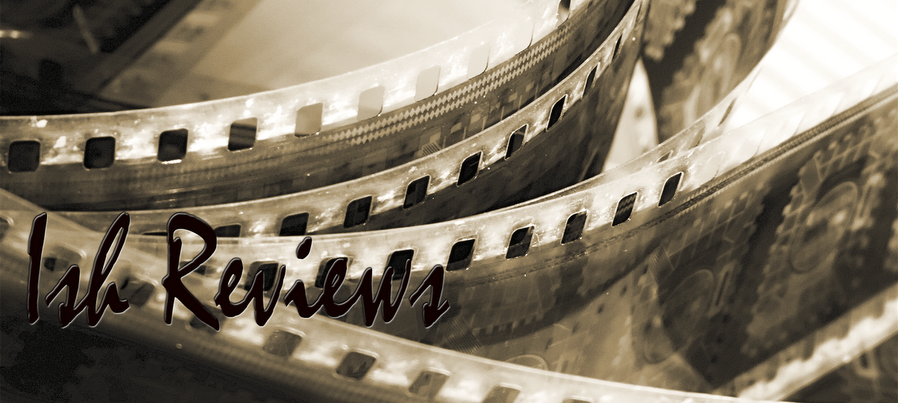Genre: Historical, Romance, Sci-Fi
Rating: A
The first in Diana Gabaldon’s series of the same name, Outlander tells the story of accidental
time traveller Claire Randall and her journey through the eighteenth century
Scottish Highlands on the eve of the 1745 Jacobite Rising. I’ve read this book a number of times now,
along with its successors, and I think this is easily the best in the series –
although the sequels aren’t shabby either.
At the start of the novel former army nurse Claire Randall and her
husband, Frank, are in Inverness, Scotland on a vacation to rekindle their
marriage – no, not rekindle. More renew;
while there’s no doubt of the love between the two, they’ve been separated for
a long time now as the result of the War, it being 1945 at the start of the
book. Then life drastically changes for
Claire; during an excursion around the standing stones at Craigh na Dun Claire
finds herself transported back 203 years in time, to 1742. Claire quickly becomes captured by Clan MacKenzie
and taken to Castle Leoch, and somewhat enchanted by the mysterious Jamie McTavish. Overhanging all of this is Claire’s desire to
return to her own time, and her husband, as well as the looming threat of war –
which Claire, graced with the knowledge of the future, knows will be disastrous
for Scotland.
I think this might be one of the few novels written in first person
that I’ve ever really loved. There’s
something about Claire that makes it clear that even though she’s telling the
story – and as such it’s biased by her perception of things – it’s clear that
she’s still a flawed person. A good
number of the things that befall her and Jamie are caused by Claire’s own
shortcomings and her failure to really fit into the world around her. I love that Gabaldon took a woman who isn’t
entirely modern and sent her back; I think it does a lot to help her fit into
the eighteenth century while also making her accessibly to a contemporary
reader. She doesn’t spend her time
fussing over things like central heating or running water – although she does
lament the standard of personal hygiene common at the time – but she does have
ideals that don’t exactly coincide with the way that the typical eighteenth
century woman was expected to behave.
This becomes more prominent by Drums
of Autumn, by which point it’s really clear that Claire’s place isn’t
necessarily eighteenth or twentieth century, it’s at Jamie’s side.
As I believe I’ve said of other works of Gabaldon’s, Outlander is very anecdotal. However, where it doesn’t seem to work as
well in some of her short stories, it works really well in Outlander. The overall issue
of the plot is clear very early on – the woman from the twentieth century
transported back to the eighteenth, on the eve of what is to be (for Scotland)
a devastating war – and the incidents that happen following it do a lot to
firmly establish the characters, the setting, and the time. There is a bit of repetition to the story,
particularly when it comes to Black Jack Randall, but it’s easy to forgive,
especially at this early point in the series.
There’s also so much detail that it’s easy to get lost a bit at times, but
for the most part it’s just enough to really emmurse yourself in the story.
My favourite part, though, is the dialects and accents. Gabaldon really has a nack for writing accents and dialects in a manner that’s easy to read. Her characters talk like people really talk, using words that firmly establish who they are and where they’re from. This is seen even more later on in the series, as more ethnicities are introduced, but for now it’s really easy to see that Claire Randall talks like an Englishwoman – not an American – and a good chunk of the rest of the characters talk like Scots.


No comments:
Post a Comment